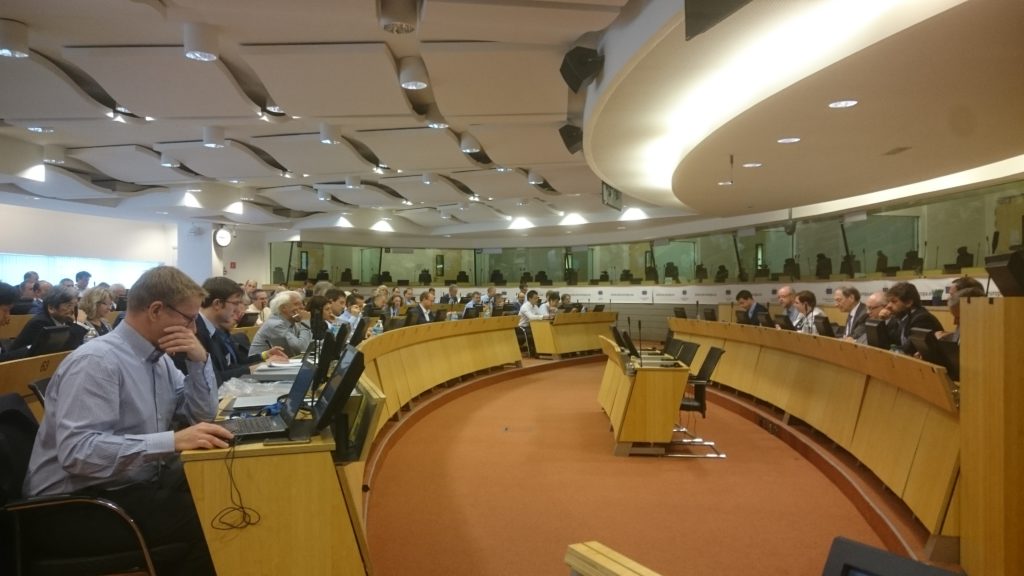The International Energy Agency (IEA) and European Commission (EC) organised a workshop on electrofuels in coordination with the IEA Technology Collaboration Programmes (TCP) Bioenergy, Hydrogen, Clean and Efficient Combustion, Advanced Fuel Cells, and Advanced Motor Fuels as well as the Art Fuels Forum. The workshop was held in Brussels on Monday, 10 September 2018.

Electrofuels are gaseous or liquid fuels that are generated using electricity. The recent rapid cost reduction of renewable electricity has generated an interest in using renewable electricity for production of electrofuels to aid with decarbonising global economy which is of particular interest to transport.
My takeaways from the discussions are:
- Electrofuels are available for use today, but adoption is slow due to their high cost in comparison with fossil fuels.
- Although electrofuels provide a pathway to saving emissions in transport, these savings are much lower than direct us of electricity in transport can provide.
- Use of electrofuels requires approximately 6 times more electricity than battery electric vehicles require for the same “job”.
- The combustion of electrifuels still generates harmful emissions (carbon monoxide, oxides of nitrogen, un-burnt hydrocarbons and particulate matter), which will limit or prevent their use in cities.
More information, including the programme and presentations, is available here.
